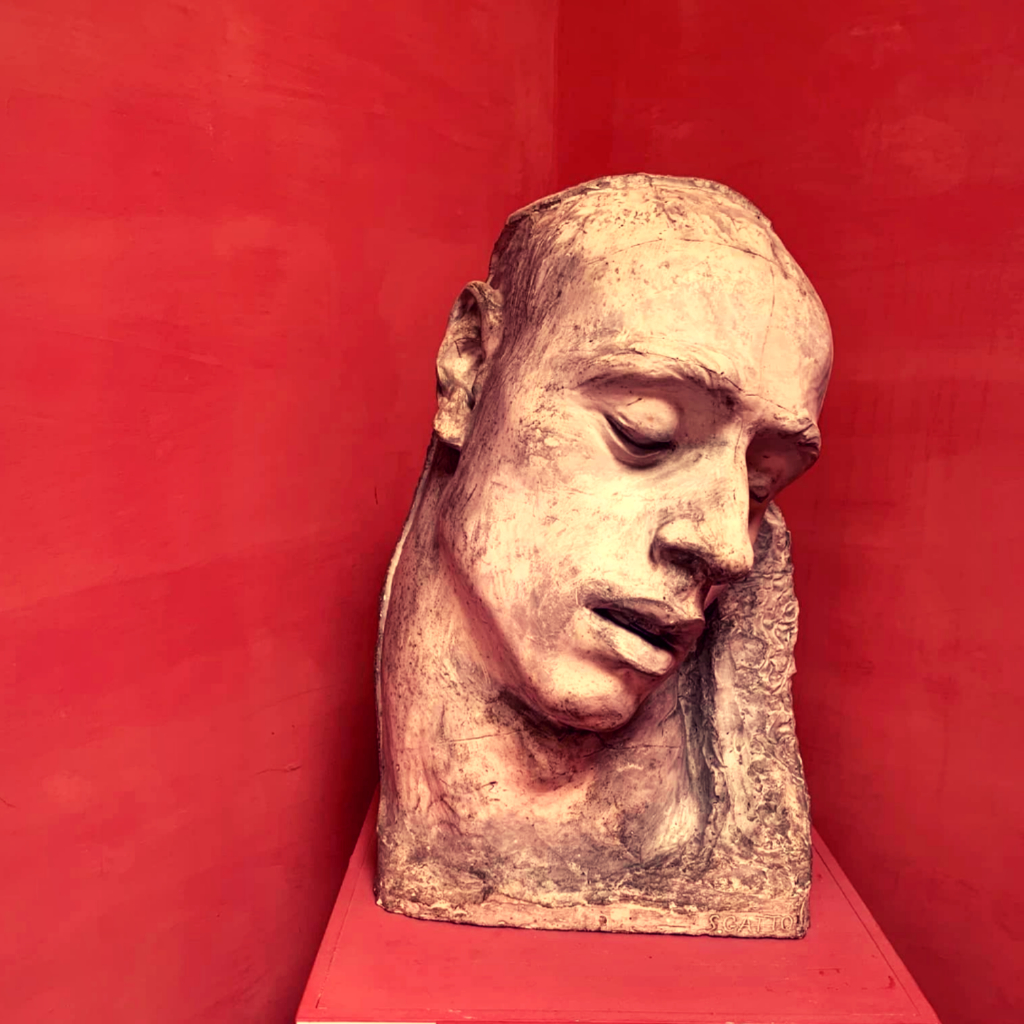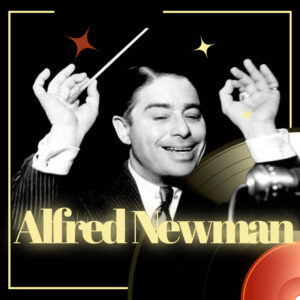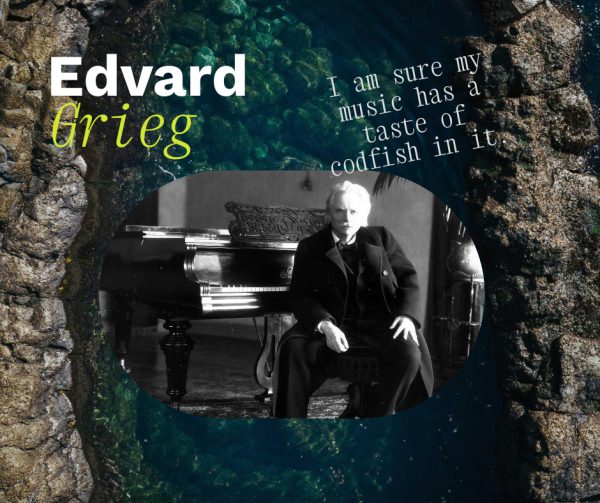
June 15 2023 marks the 180th anniversary of the birth of Edvard Grieg, a composer who is known and loved all over the world.
Edvard Grieg is regarded as the greatest composer of Norway. Through his career, he has written piano concerts, music for plays, sonatas, songs, folk songs and much more. Grieg’s music is closely connected with Norwegian folk music, and folk songs and melodies have been important sources of inspiration for him. This made him in many ways a representative of national romanticism in music. Edvard Grieg’s music played an important role in developing nationalism in Norway in the 19th century. A time when writers, musicians, painters and other artists researched what was really Norwegian. In this sense, it can be said that Grieg was of great importance in the work of building not a new nation, but creating a strong sense of being an independent nation in the years leading up to the dissolution of the union with Sweden in 1905.
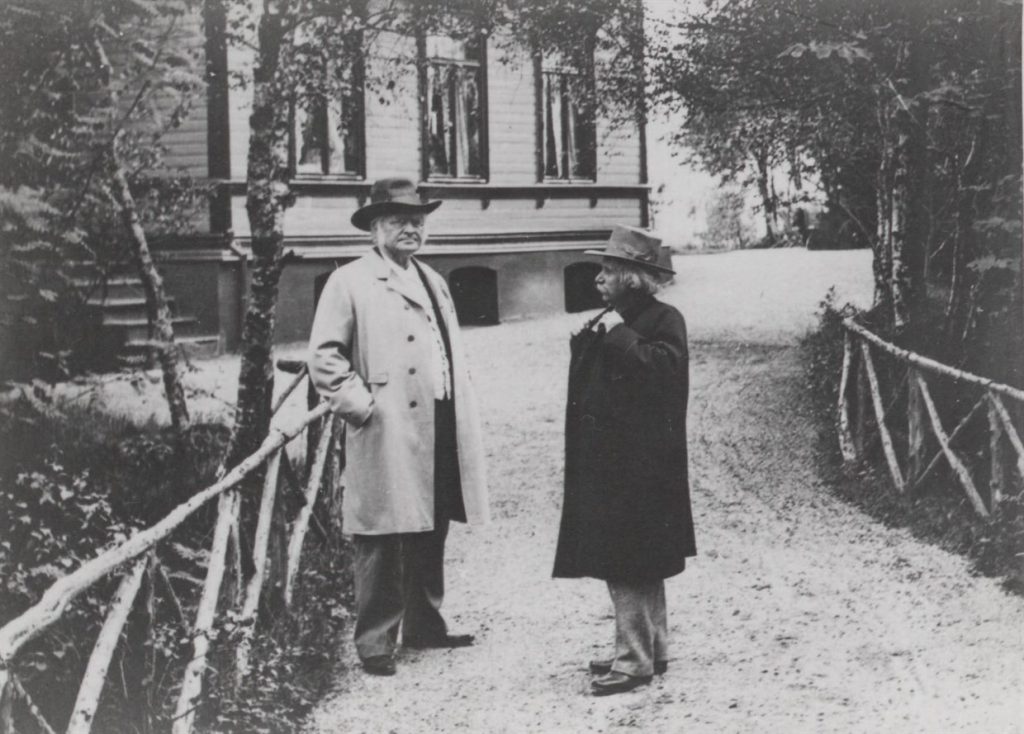
Five short interesting facts about Edvard Grieg:
- Grieg did not like school, but he loved the road to school – it took almost an hour and gave him the opportunity to think and dream about anything. On rainy days, Edward tried to get wet to the skin so that he could be sent home to change. So he was guaranteed to miss two hours of class.
- Grieg’s famous First Piano Concerto was the first concerto in history to be recorded on a vinyl. This happened in 1909.
- After living for a number of years in Oslo, Edvard Grieg and his wife Nina Hagerup moved back to his native Bergen in 1880, where he took on the role as conductor of Harmonien (Bergen Philharmonic Orchestra). And in 1884-85, he and his wife built their famous villa Troldhaugen at Hop, outside Bergen.
- Grieg always carried a small frog toy in his pocket. He believed that she brought good luck and always stroked her before performances.
- Grieg was a concert pianist and usually played only his own music. One day he decided to end the concert with a composition by Beethoven, and in the morning he read in the newspapers that all his music was terrible, and the last piece was especially terrible. Then Grieg made a phone call to the critic: “You are disturbed by the spirit of Beethoven. I must inform you that the last work performed in Grieg’s concerto was composed by me!” They say the critic had a heart attack.
Edvard Grieg’s Piano Concerto in A minor, Op 16, composed in 1868, was the only concerto composer completed. It is one of his most popular works and is among the most popular of the genre.
Allegro molto moderato (A minor)The first movement is in sonata form and is noted for the timpani roll in its first bar that leads to a dramatic piano flourish, which leads to the main theme.
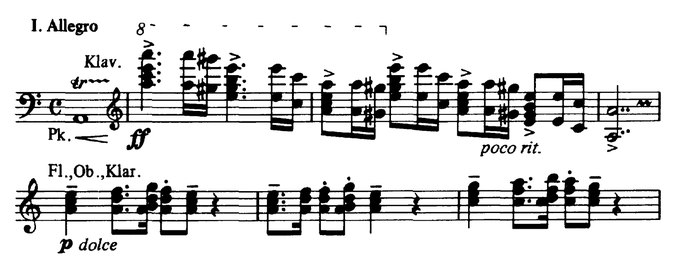
Adagio (D♭ major). The second movement is a lyrical movement in D♭ major, which leads directly into the third movement. The movement is in ternary form (A–B–A). The B section is in D♭ major and E major, then returns to D♭ major for the reprise of the piano.

Allegro moderato molto e marcato – Quasi presto – Andante maestoso (A minor → F major → A minor → A major). The third movement opens in A minor. 2/4 time with an energetic theme (Theme 1), which is influenced by the Norwegian Halling dance:
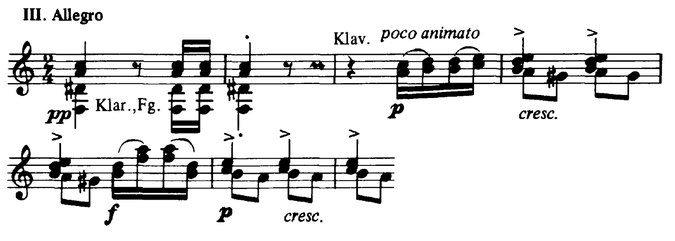
It is followed by a lyrical theme in F major (Theme 2). The movement returns to Theme 1. Following this recapitulation is the 3/4 A major Quasi presto section, which consists of a variation of Theme 1. The movement concludes with the Andante maestoso in A major, which consists of a dramatic rendition of Theme 2 (as opposed to the lyrical fashion with which Theme 2 is introduced).
Lovro von Matačić, conductor
Orchestre National de l’Opéra de Monte Carlo
1974
London Symphony Orchestra
André Previn, conductor
Pedro Ignacio Calderón, conductor
Orquesta Filarmónica de Buenos Aires
Live July 28, 1969
Rafael Frühbeck de Burgos
Arturo Benedetti Michelangeli
1965 (live)
Orchestre National du Capitole de Toulouse
Tugan Sokhiev, conductor
I am sure my music has a taste of codfish in it.
To have the ability to withdraw into oneself and forget everything around one when one is creating – What, I think is the only requirement for being able to bring forth something beautiful. The whole thing is – a mystery.
Artists like Bach and Beethoven erected churches and temples on the heights. I only wanted… to build dwellings for men in which they might feel happy and at home.
Suddenly a mist fell from my eyes and I knew the way I had to take.
When we are young, friends are, like everything else, a matter of course. In the old days we know what it means to have them.
Edvard Grieg

